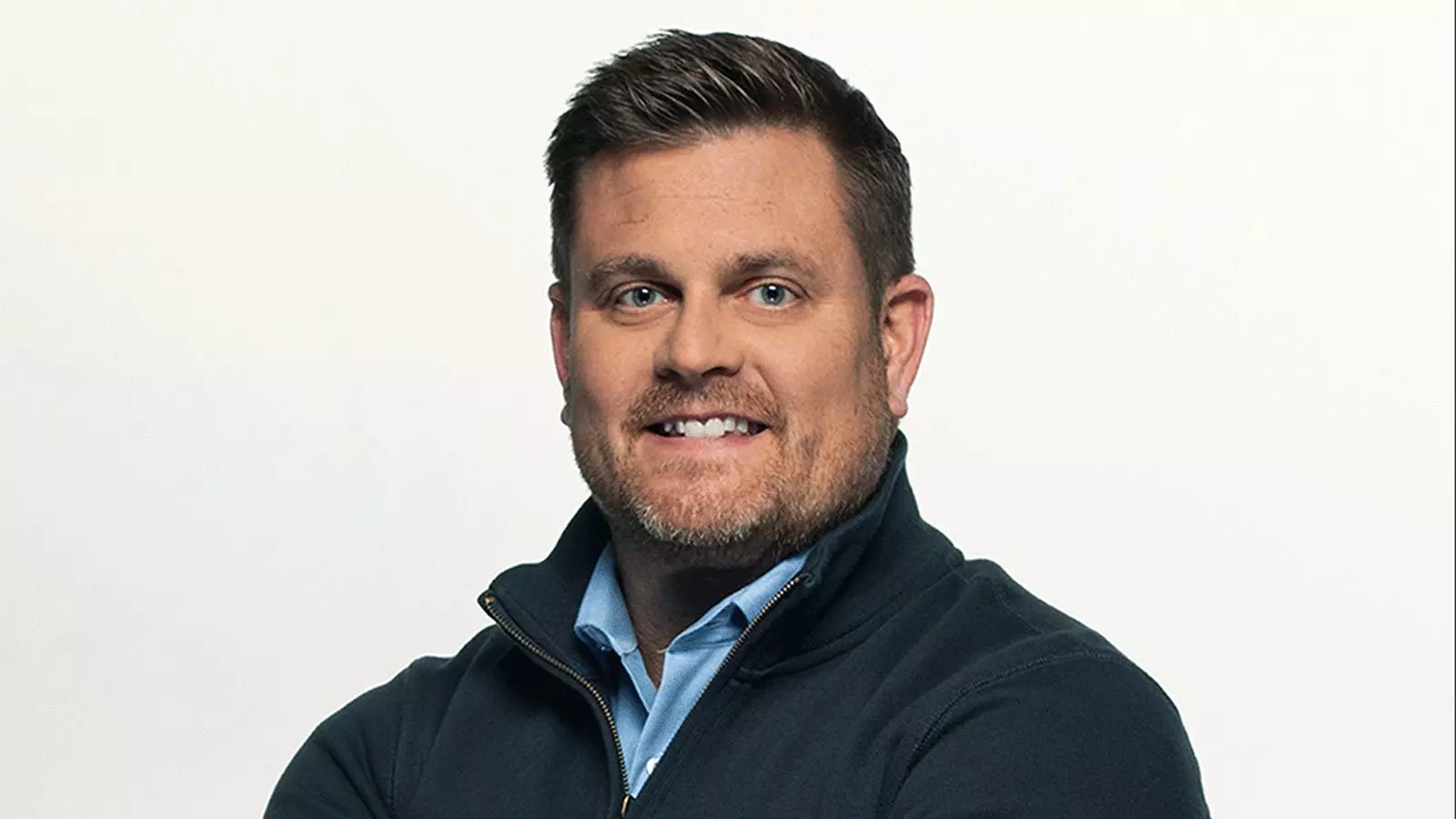The healthcare landscape in the U.S. is vast and intricate, with executives often operating behind the scenes, making critical decisions that shape the lives of millions. Brian Thompson, the former CEO of UnitedHealthcare, epitomized this duality – he was a powerhouse in the industry, yet an enigma to the general public. His tragic and untimely death at the age of 50 has compelled a national audience to reevaluate not just his contributions but also the broader implications of leadership in health insurance amidst an era of upheaval.
Thompson’s evolution from a certified public accountant to the helm of one of America’s largest health insurers is a testament to his acumen. Having devoted two decades to UnitedHealth Group, he initiated his career with foundational skills at PwC, which sharpened his analytical prowess. However, it was his tenure leading UnitedHealthcare since 2021 that reshaped the public’s perception of health insurance. Under his leadership, the company, which boasts health coverage for over 49 million Americans, has consistently ranked as the largest provider of Medicare Advantage plans. This essential service is particularly significant given the rapidly aging population in the U.S.
His assertive push towards value-based care marked a pivotal shift in how care is administered, focusing on the well-being of patients over mere treatment after illness. Thompson’s ideology emphasized a more compassionate healthcare model, aiming to streamline patient experiences and enhance outcomes. He articulated a vision where families would be less burdened, reflecting an innovative approach that prioritized preventive care over reactive measures.
Despite his profound impact, Thompson remained relatively faceless in the public sphere, overshadowed by figures like Andrew Witty, the CEO of the parent company. This dynamic presents a troubling aspect of corporate healthcare leadership; often, the executives making crucial decisions go unrecognized until a moment of crisis emerges. When Thompson attempted to reform emergency care payments in 2021, his name surfaced amid criticism, highlighting the complexity of leadership in a politicized environment. The backlash illustrated the precarious balance of profit-driven motives and patient-centric care, reminding us that healthcare is not merely a transactional service but one deeply woven into the fabric of human experience.
Tragic Outcomes and Societal Reflections
Thompson’s death under violent circumstances raises unsettling questions about the safety and vulnerability of leaders within the corporate sphere. His assassination in broad daylight not only underscores the unpredictability of life but also critiques the extreme pressures and visibility that accompany high-ranking positions. This tragic occurrence calls into question the societal values we prioritize and the safety measures put in place to protect those who influence substantial sectors of our lives.
Moreover, the investigation into Thompson’s social media presence and personal life by law enforcement serves as a stark reminder of the interconnectedness of our professional and personal narratives. The notion that a respected leader, seemingly without controversy, could fall victim to such brutal violence forces us to consider the broader implications of societal stressors, including economic disparity, mental health, and workplace culture.
The aftermath of Brian Thompson’s death will undoubtedly reverberate throughout the healthcare industry, compelling organizations to reassess their roles not only as providers but as community stakeholders. As discussions about his life and legacy unfold, it becomes evident that Thompson, while perhaps not widely known, was a pivotal figure whose mission centered on enhancing the healthcare experience. His contributions to the industry will persist, and the dialogue surrounding the responsibilities of healthcare executives will evolve as we consider how leadership should be defined in the wake of tragedy. In the end, Thompson’s legacy may lie not just in his professional achievements but in the call to action for a safer, more compassionate approach within the corporate landscape.


Leave a Reply